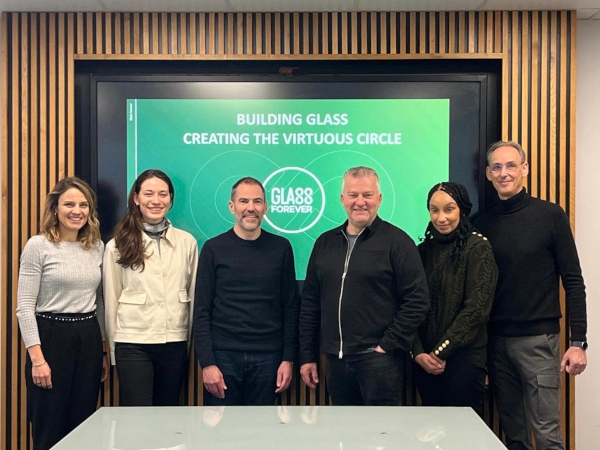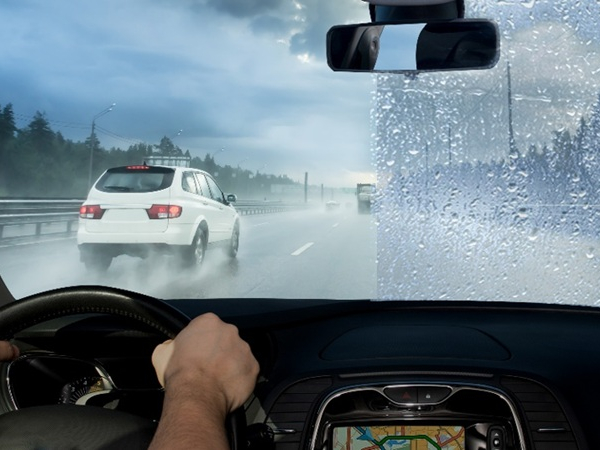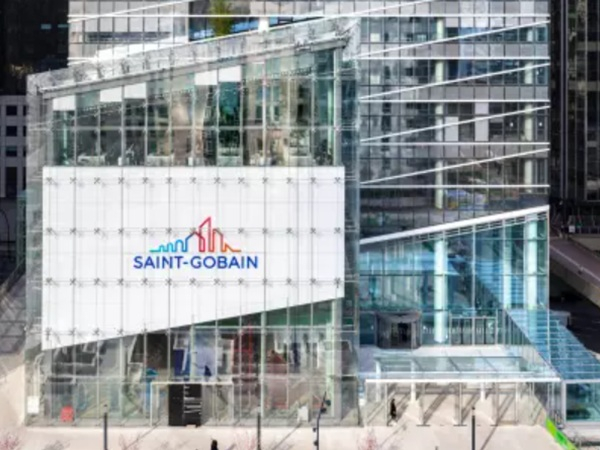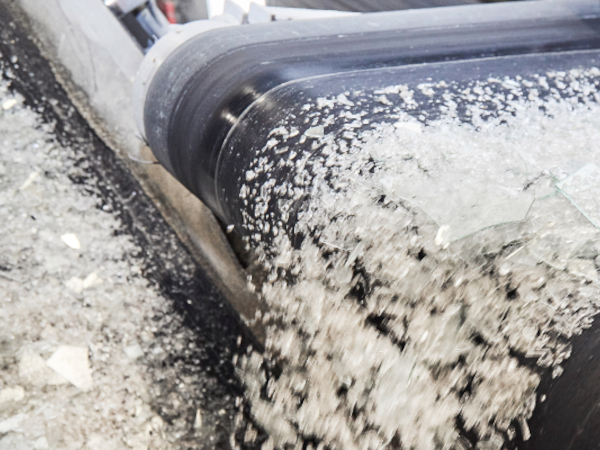Date: 19 November 2012
In the report the firm projects that the market for self-cleaning windows will triple in revenue from current levels to around $1 billion (USD) in revenue by the year 2018 as a result of improved technology as well as important energy sector and demographic megatrends.Additional details about the report are available at: http://nanomarkets.net/market_reports/report/self_cleaning_window _markets_2013This report provides an in-depth analysis of the worldwide smart-cleaning windows market with coverage of both hydrophilic and hydrophobic technologies, as well as the latest attempts to use nanomaterials and biomaterials in this sector. Detailed eight-year revenue forecasts are included with break outs by type of building, type of self-cleaning technology and whether windows are installed in new builds or retrofits. The forecasts also break out the windows themselves and coatings that are sold directly to end users and glazing professionals.The organizations discussed include: Balcony Systems, Cardinal, Hypho Technology, International Trading & Consulting, nanoShell, NSG (Pilkington), Cyndan Chemicals, Lotus Leaf Coatings, NanoPhos, PPG, RainAway, Reactive Surfaces, Shanghai Huzheng, Saint-Gobain, Viridian and Xerox.More from the report:Self-cleaning windows will experience increased demand because of building codes that require much higher levels of energy efficiency. Zero-energy building mandates for self-cleaning windows -- prevalent in Europe -- are especially important because solar energy transmission through windows must be finely optimized. Energy efficiency in solar homes and offices can also be boosted by using the same self-cleaning coatings that have been developed for windows on solar panels.Meanwhile, self-cleaning windows continue to improve in performance.Entirely new kinds of self-cleaning coatings are beginning to emerge that will offer enhanced capabilities and attract a wider customer base for self-cleaning windows. Reactive Surfaces is developing self-cleaning surfaces using special enzymes, while Lotus Leaf Coatings is developing self-cleaning surfaces using nano-patterning.
Even conventional self-cleaning technologies have now reached "industrial strength" and their performance is good enough for commercial buildings whereas before they have been used previously primarily in residential buildings. Higher performing self-cleaning windows are finally able to make a serious contribution to lowering maintenance costs, which will attract professional building managers and not just homeowners. For similar reasons, self-cleaning windows will also be of growing usefulness in regions where the population is becoming elderly. While sales of self-cleaning windows outside of the residential sector are not sizable now, they will head towards $350 million by 2018.
The report also notes that self-cleaning windows technology fits in well with the general trend towards more multifunctional intelligence. NanoMarkets foresees the growing incorporation of self-dimming, self-repairing and photovoltaic capabilities into a single glazing unit designed for maximal energy efficiency. And the firm also believes self-cleaning windows as being a perfect fit with such combinations. The report projects that by 2018, advanced multifunctional window systems of this kind will generate around $100 million in revenues.
About NanoMarkets:
NanoMarkets tracks and analyzes emerging markets in energy, electronics and other areas created by developments in advanced materials. The firm is the recognized leader in industry analysis and forecasts for the windows and glass industry and has published reports on a variety of smart glass
Visit http://www.nanomarkets.net for a full listing of NanoMarkets' reports and other services.
Contact:
Robert Nolan
NanoMarkets
(804) 938-0030
rob@nanomarkets.net












Add new comment